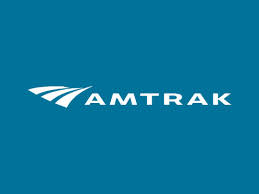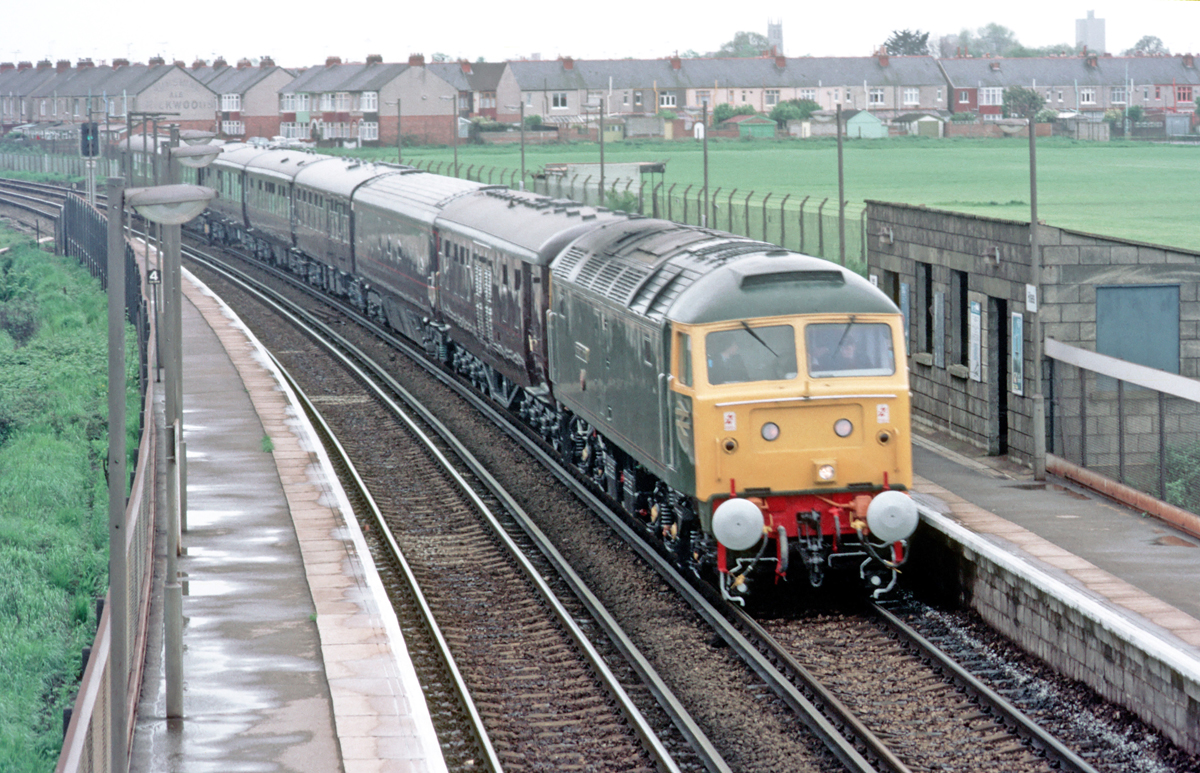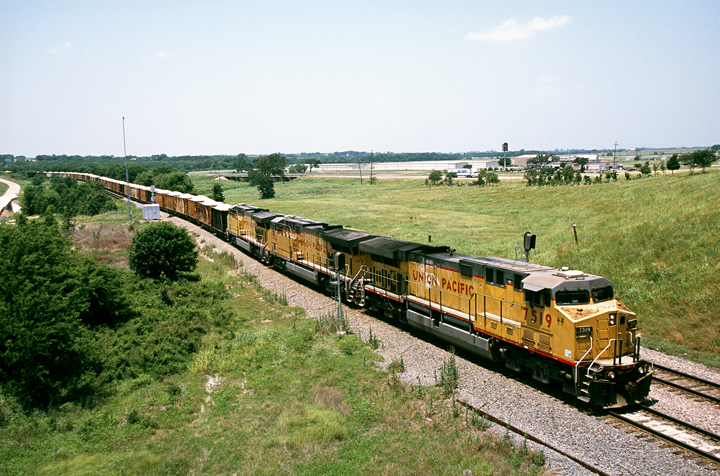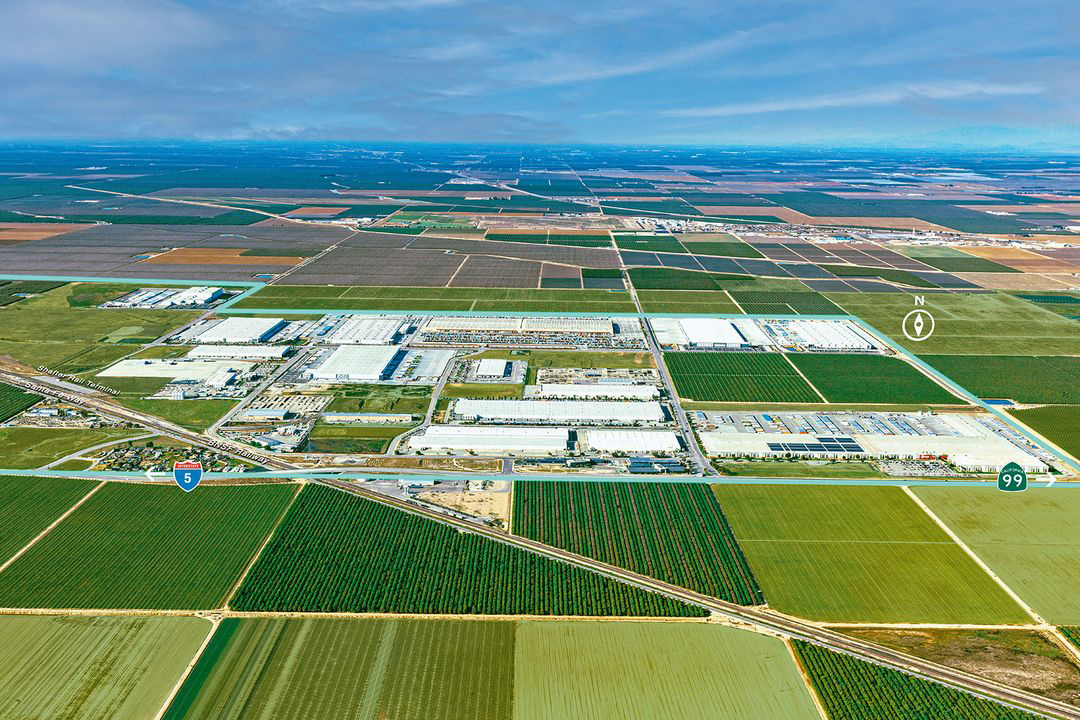In a five-page decision released by the Surface Transportation Board on Aug. 22, Chairman Anne Begeman and Vice Chairman Deb Miller declined to say whether the board has authority over Union Station. Metra contends that Amtrak improperly merged Union Station into itself without STB approval.
But the STB did not rule out a future decision granting Metra’s request to declare that the board, under federal law, retains jurisdiction over the station and that the board also has the authority to outline terms for Metra’s use of the station.
“The board concludes that issuing the requested order would be premature and therefore denies the petition for declaratory order,” the decision states. “The board, however, will provide guidance on issues that the parties should address in the event a similar petition is filed in the future.”
In a statement to Trains News Wire Monday, Metra indicated that it did not consider the STB decision a loss, saying the board “provided clear guidance for a future petition in the event Amtrak and Metra reach an impasse in negotiations” over a new lease.
“While the Surface Transportation Board set out what each party will need to establish in a future proceeding, it explicitly warned Amtrak that certain arguments were not sufficient and, in bold language, cautioned Amtrak to provide its specific authority to merge Chicago Union Station into itself without Surface Transportation Board approval. We view this as strengthening our position in negotiating a fair contract with Amtrak,” Metra said.
Amtrak, meanwhile, said it thanked the STB for its action, and added it is “hopeful the parties can resolve any issues without further STB intervention.”
“Amtrak values the relationship with Metra and hopes to reach a new agreement that will position Chicago Union Station to meet Chicago’s future transportation needs,” the agency said.
Since 1984, Metra has been the prime tenant in Union Station. Metra calls Union Station “the backbone” of its commuter rail service, “and access to the station is essential to Metra, its customers, and to efficient transportation in the greater Chicagoland area,” according to its petition to the STB.
Union hosts roughly 41 percent of Metra’s passengers traveling to and from the downtown Chicago area, the filing noted. An average of approximately 109,520 passengers ride 286 weekly Metra trains on six separate routes to and from Union Station.
Amtrak received 50 percent of the Chicago Union Station Co., which controlled the grand Chicago train depot, from Penn Central in 1976 and the remainder from other railroads in the 1980s. Even though Amtrak owned all of the station and access to it through the station company, the station company was subject to Interstate Commerce Commission, and later, the STB.
Amtrak merged the station company into its larger corporate structure in 2017 meaning that Amtrak owned the station directly. Amtrak is exempt from most STB regulation.
That situation poses an issue for Metra officials, who’ve feared that lack of oversight by the STB could mean that Amtrak can dictate terms to the commuter railroad for track usage and rent of the facility. Metra will pay Amtrak $9.7 million this year, the agency said.
Metra and Amtrak officials are in negotiations now for the terms of a new lease at the station. The existing lease expires April 30, 2019. Metra wants the STB to retain the authority to mediate if Metra and Amtrak reach an impasse in negotiations over a new lease.
According to the STB decision, “Although Metra argues that these issues are ripe for a board determination, Metra does not allege that Amtrak currently intends to deny Metra access.”
Metra states that the parties have begun negotiations on a new agreement.
“Given that the parties are not at, and may never reach, an impasse nor need to seek Board involvement, a declaratory order is premature at this time,” the STB decision states. “Because it is appropriate for the board to refrain from intervening in the parties’ negotiations at this juncture, the petition for declaratory order will be denied.”
Additionally, the decision noted that if the question of STB’s authority over Union Station does come before them, the railroads will have to address certain questions, including: Whether Amtrak had the authority to dissolve the Chicago Union Station Co. without STB approval, and if Metra meets the statutory requirements of being a railroad to bring the issue before the STB.
Officials for Virginia Railway Express and Maryland Transit Administration, which operate commuter trains to Amtrak-owned Washington Union Station in Washington, D.C., wrote letters that supported Metra’s position. BNSF Railway, which operates commuter trains on Metra routes, asked that it be included in correspondence between the railroads and the STB.
The STB decision was signed by Begeman and Miller, the only two current members of the STB board. Three vacancies remain to be filled pending approval of nominees by the U.S. Senate. These nominees include Chicago attorney Martin Oberman, who is a former chairman of Metra, Patrick Fuchs, and Michelle Schultz.
UPDATE: Full write-through of original story. Aug. 27, 2018. 1:47 p.m. Central time.














How many NRPC trains use CUS? How many Metra trains use CUS? How many tails wag their dog?
I believe the answer is that the City of Chicago become the owner of CUS just as they are of ORD (O’Hare International Airport). The same for WUS. Amtrak would become a tenant like Metra, VRE, and MTA. It would unlock capital that Amtrak could be use for improvements. DC Government might be able to get the funds to buy WUS but the City of Chicago is another story.
I think if Amtrak were to deny Metra use of Union Station it would need to hire a few more lawyers.
Adversarial use of Union Station will not do METRA or Amtrak any good in the short term or long term. The only things that can come out of such conflict is bad for both parties.